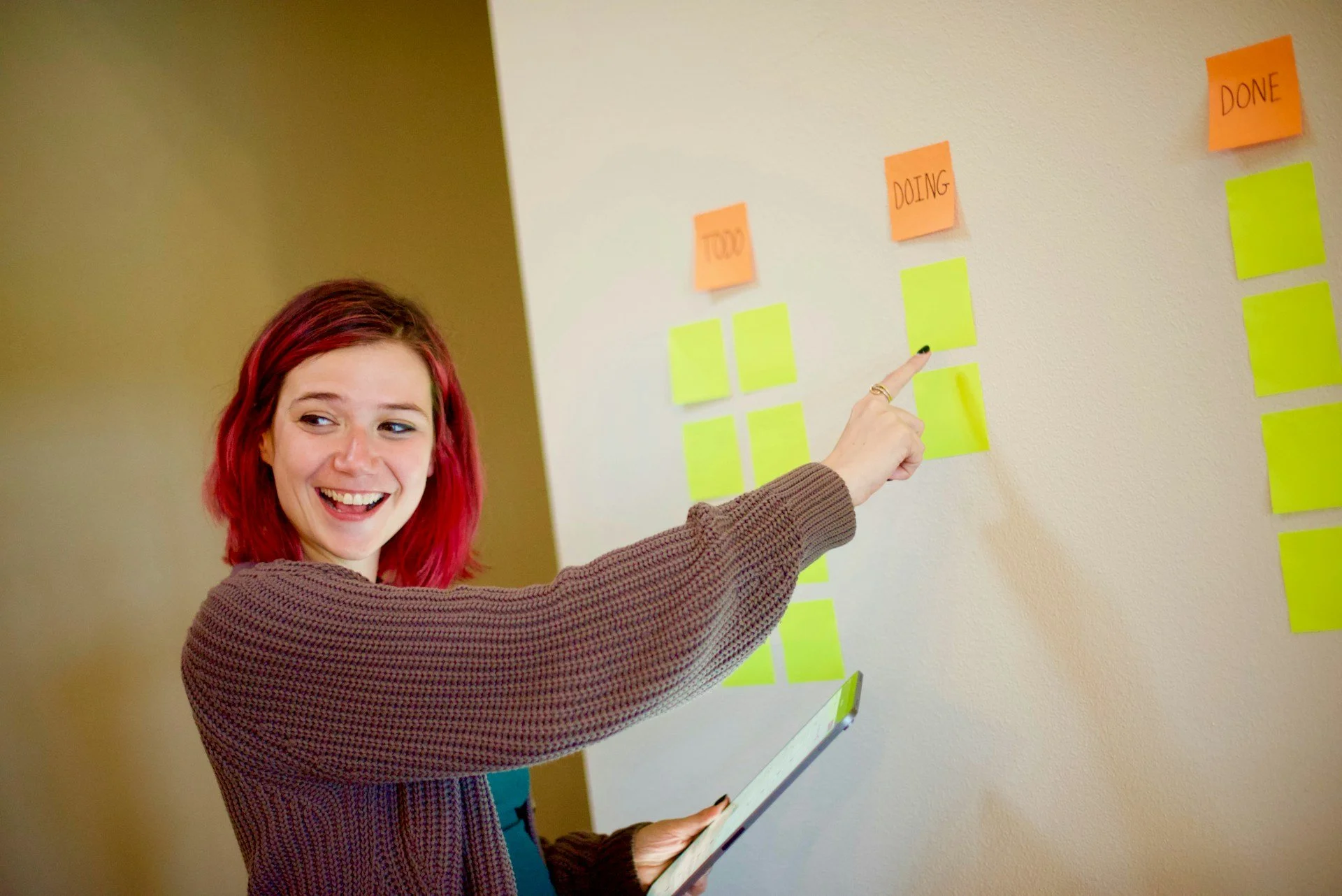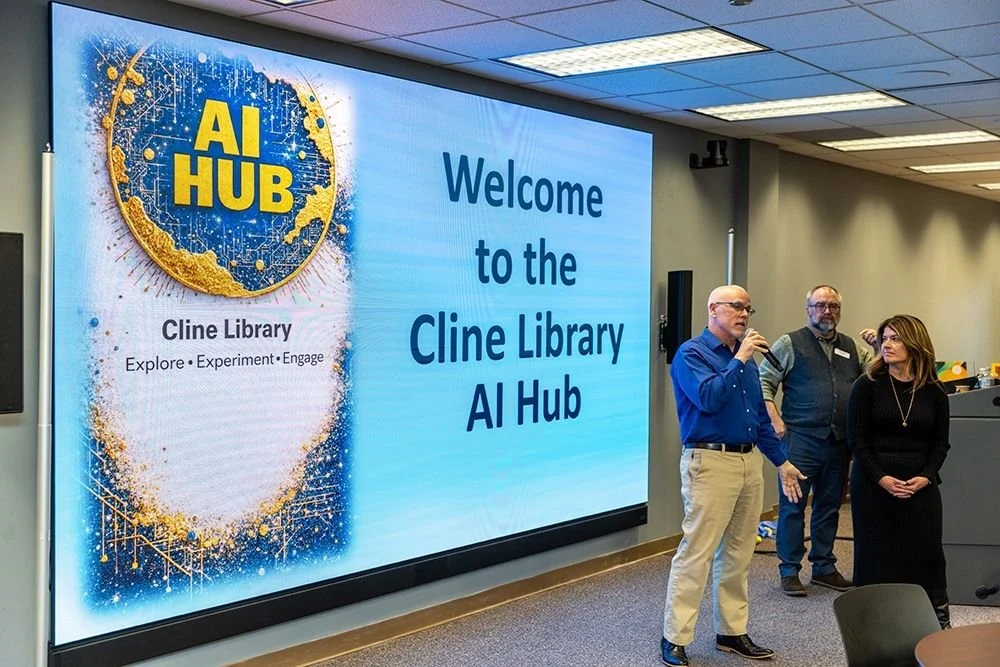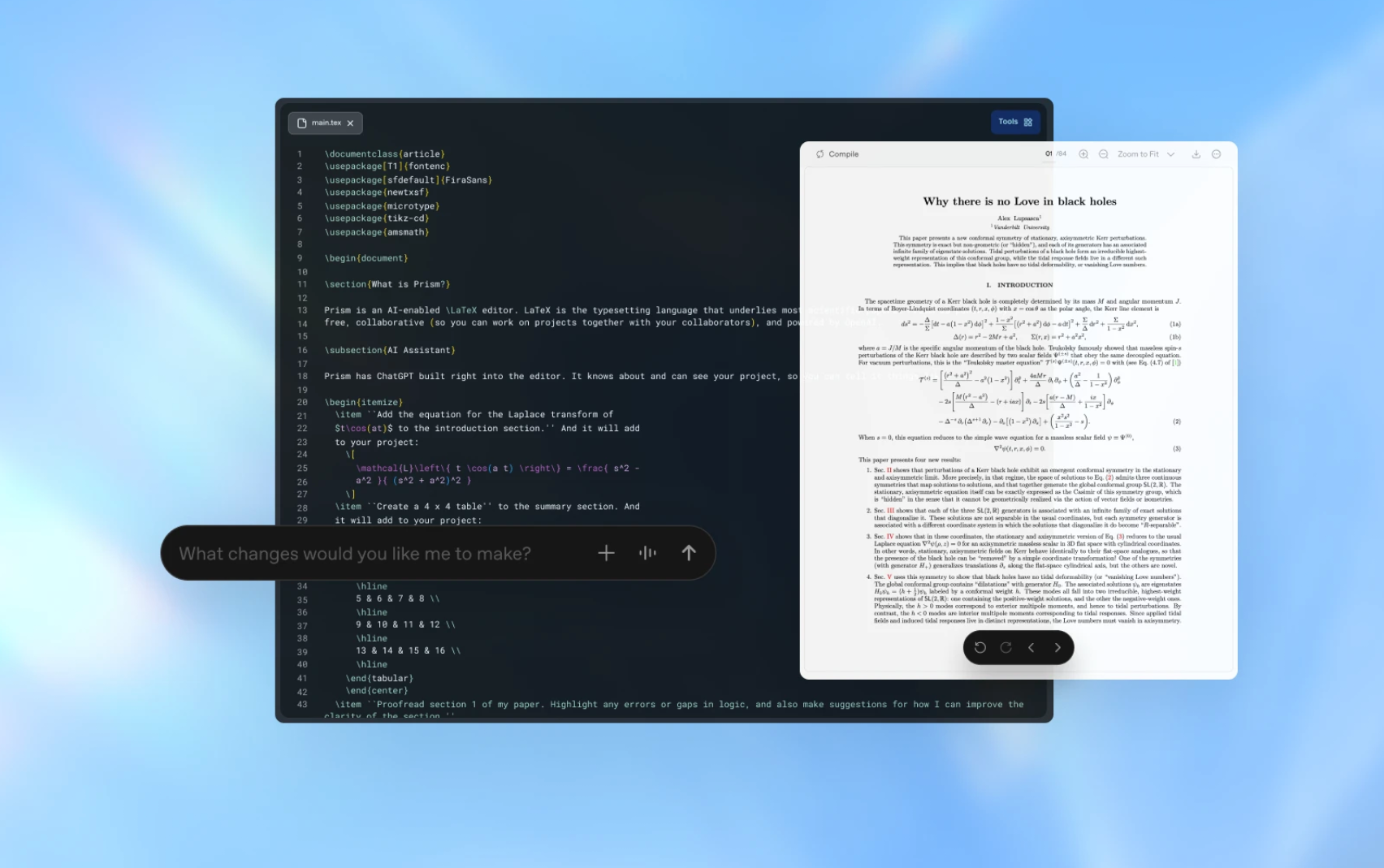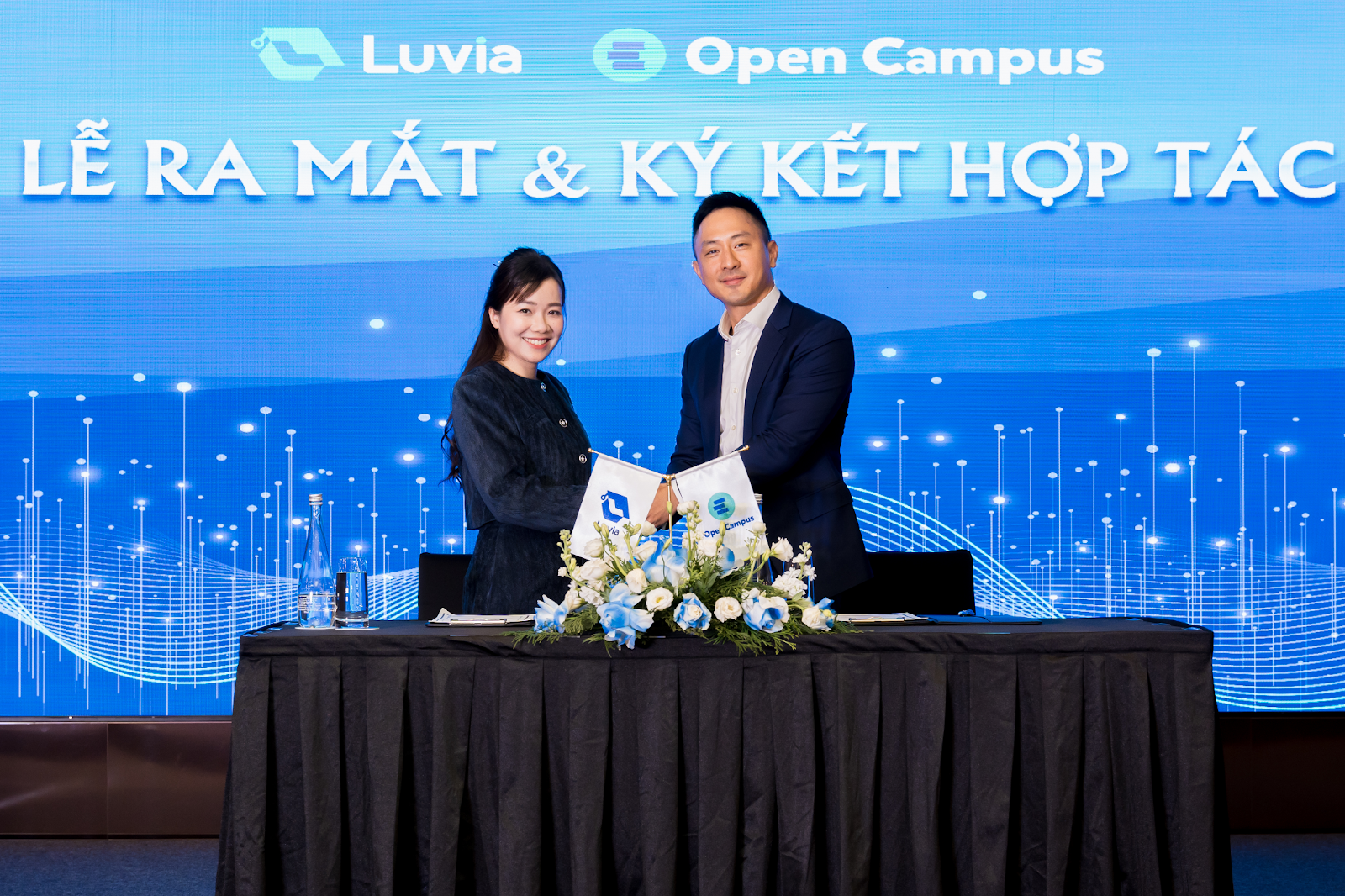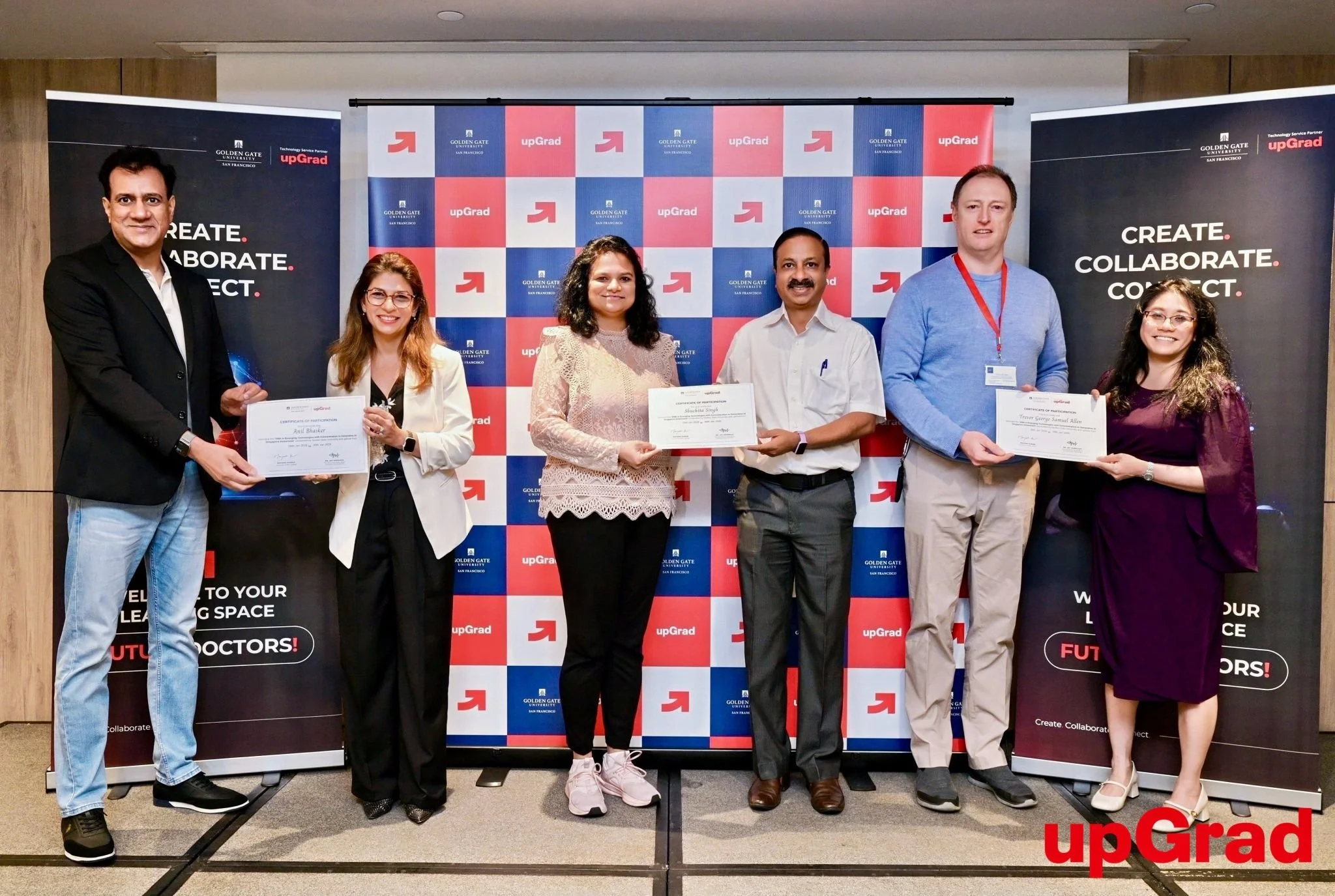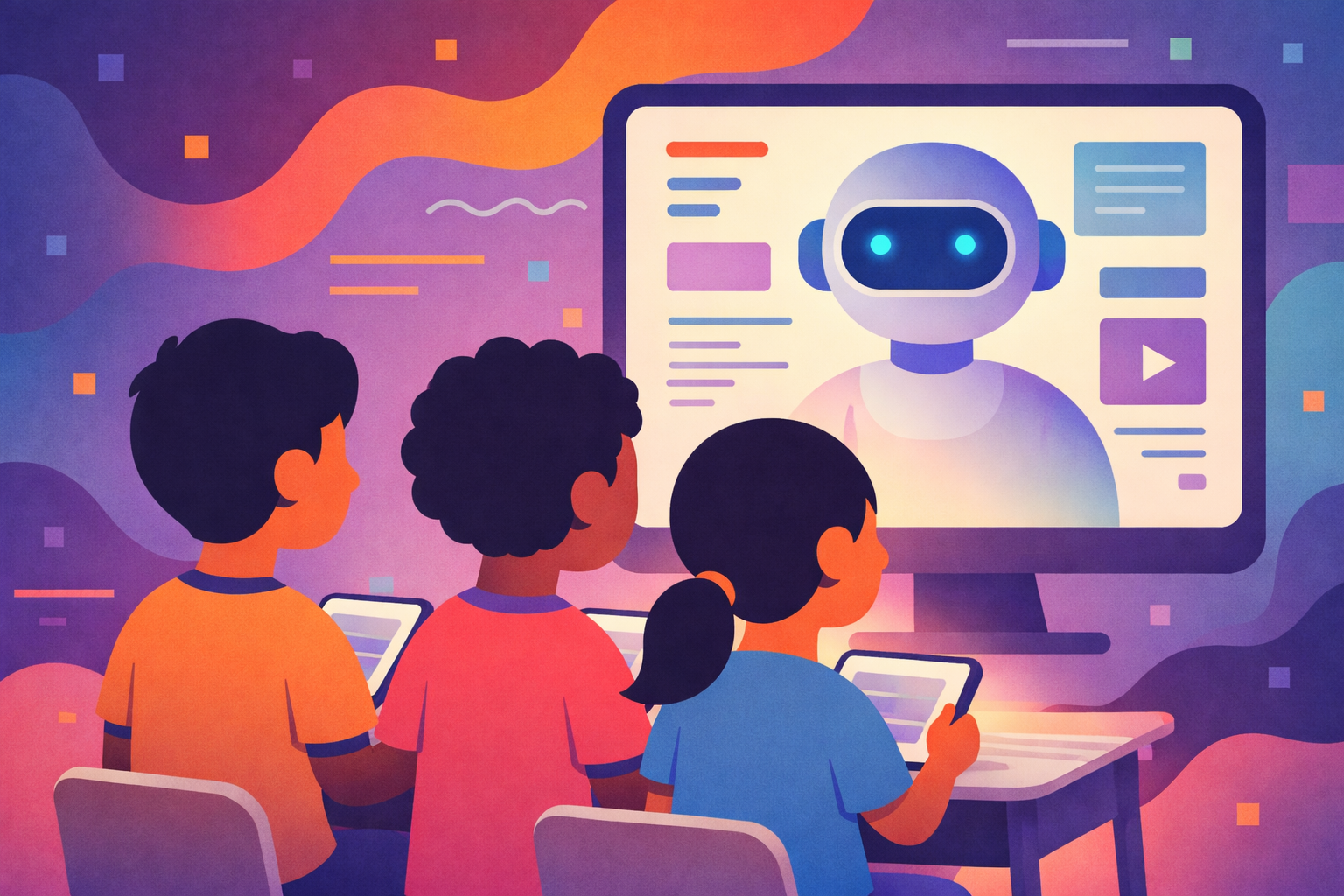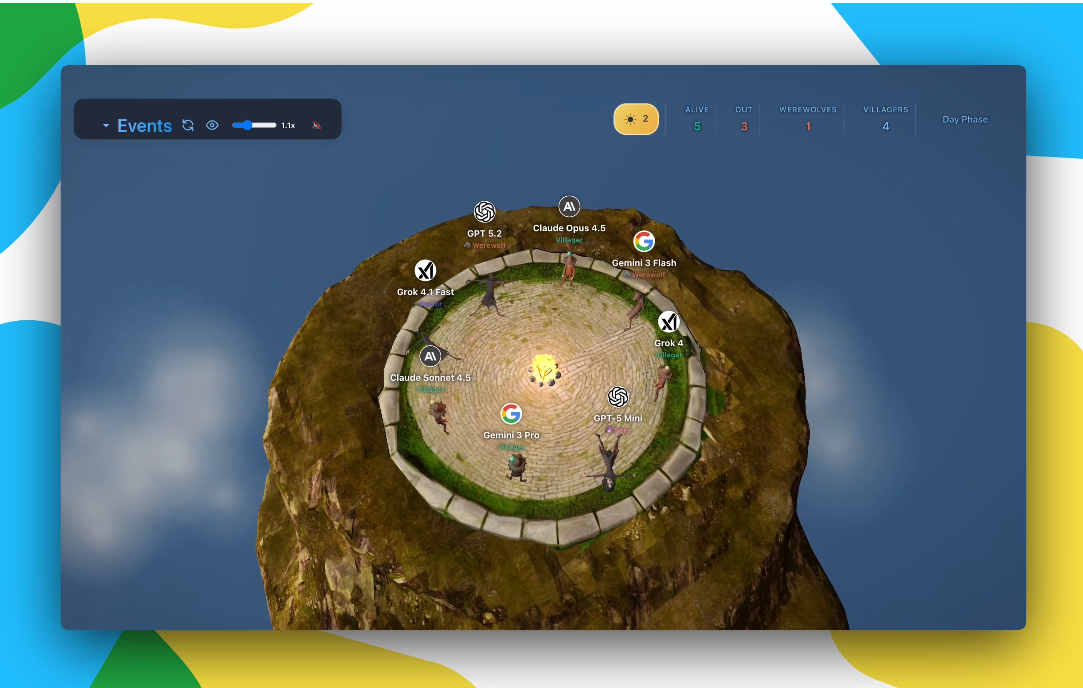De Montfort University professor calls for more research on AI’s potential impact on learning
Dr Sarah Younie, Professor of Education Innovation at De Montfort University (DMU) in the UK, told delegates at UNESCO’s Digital Learning Week in Paris that potential benefits challenges posed by AI must be researched further.

Younie co-presented a new position paper on AI in teaching from the International Teacher Task Force (ITTF) titled: Promoting and Protecting Teacher Agency in the Age of Artificial Intelligence.
The paper explores how AI can be used in education ethically, while also making the most of its potential benefits.
“This is a fast-changing space where AI is potentially changing the role of teachers, and we have to ask how we can protect them because that's important, but we also need to look at the educational opportunities that AI can undoubtedly offer,” Younie told delegates.
“These are such important questions; will AI lead to a decline in thinking practises? Will it dehumanise education? Will we have teacherless schools? One of the key points is that there needs to be more research in this field and particularly more longitudinal studies, in order to provide robust evidence on which to make decisions.”
The paper argues that AI presents “both transformative opportunities and profound responsibilities for education systems worldwide” and called for education leaders, policymakers, and others involved in education to put a number of safeguards into place to ensure it can be used to its full potential.
The ETIH Innovation Awards 2026
The EdTech Innovation Hub Awards celebrate excellence in global education technology, with a particular focus on workforce development, AI integration, and innovative learning solutions across all stages of education.
Now open for entries, the ETIH Innovation Awards 2026 recognize the companies, platforms, and individuals driving transformation in the sector, from AI-driven assessment tools and personalized learning systems, to upskilling solutions and digital platforms that connect learners with real-world outcomes.
Submissions are open to organizations across the UK, the Americas, and internationally. Entries should highlight measurable impact, whether in K–12 classrooms, higher education institutions, or lifelong learning settings.
Winners will be announced on 14 January 2026 as part of an online showcase featuring expert commentary on emerging trends and standout innovation. All winners and finalists will also be featured in our first print magazine, to be distributed at BETT 2026.





